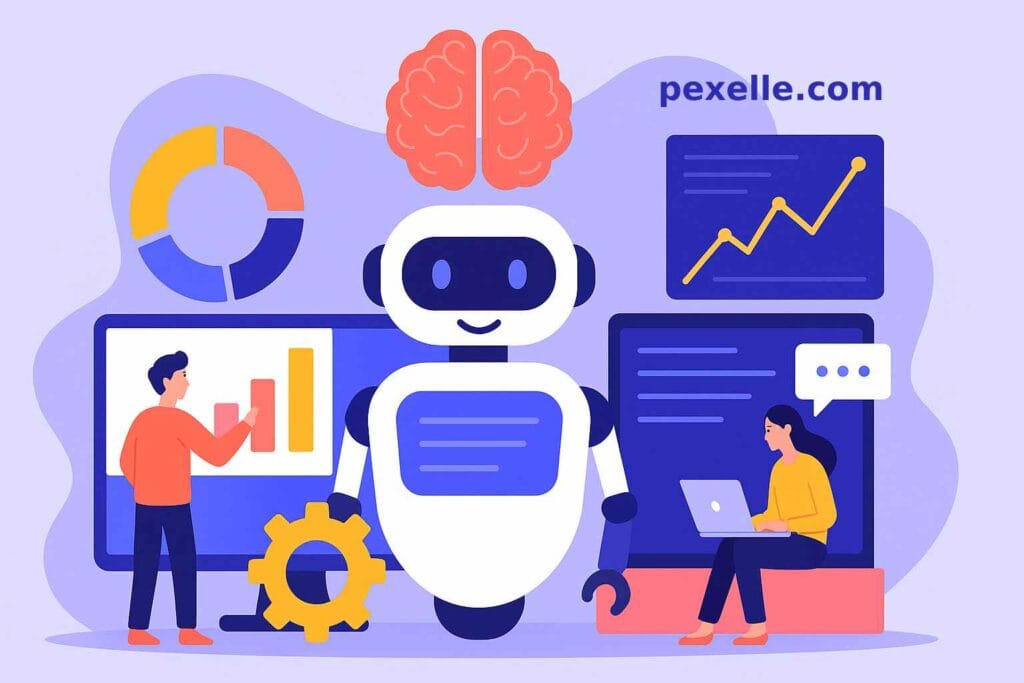The Impact of AI Tools on Personal and Skill Development Beyond Traditional Academia

In recent years, artificial intelligence (AI) tools have dramatically reshaped how individuals learn, grow, and develop skills—often far from the formal structure of universities and academic institutions. With accessible platforms, intelligent tutors, content generators, and personalized learning systems, AI is democratizing education and opening new pathways for personal and professional growth.
1. Accessibility to Knowledge Without Barriers
AI-powered tools such as ChatGPT, Grammarly, Duolingo, and Khan Academy are enabling millions to access high-quality information instantly and interactively. This shift breaks down traditional gatekeeping structures that once required enrollment in expensive institutions to gain advanced knowledge. Now, anyone with an internet connection can learn to code, master a language, or understand quantum physics.
2. Personalized Learning and Self-Paced Growth
One of the most revolutionary aspects of AI in education is personalization. Unlike one-size-fits-all classroom environments, AI tools adapt to the user’s pace, learning style, and goals. Platforms like Coursera and LinkedIn Learning use recommendation systems and adaptive quizzes to tailor content to the learner’s needs—empowering self-driven individuals to accelerate their development based on curiosity, not curriculum.
3. Skill-Based Learning vs. Degree-Oriented Learning
In today’s job market, practical skills often outweigh degrees. AI tools support this trend by focusing on competencies. From prompt engineering and data analysis to design and writing, users can acquire, refine, and showcase real-world skills through micro-credentialing, project-based learning, and AI-enhanced simulations—often at a fraction of the time and cost of traditional education.
4. Empowering Underserved Communities
Perhaps one of the most transformative impacts of AI is its ability to bridge the educational gap for underserved populations. Whether it’s rural learners, those unable to afford formal education, or professionals seeking a career change, AI tools lower the threshold to meaningful education. This inclusivity is fostering greater social mobility and global collaboration.
5. Challenges and the Need for Guidance
Despite the immense benefits, the rise of AI in learning also presents challenges. Misinformation, lack of critical thinking, overreliance on automation, and the absence of mentorship are real concerns. Therefore, it’s crucial to pair AI tools with community support, ethical frameworks, and human interaction to ensure balanced development.
Conclusion
Artificial intelligence is reshaping education by empowering individuals to take charge of their learning journeys. While it doesn’t replace the value of traditional academia, it complements and enhances it, making personal and skill development more accessible, efficient, and inclusive. As AI continues to evolve, its role in lifelong learning will only grow more significant—encouraging a global culture of curiosity, adaptability, and continuous growth.
Source : Medium.com




